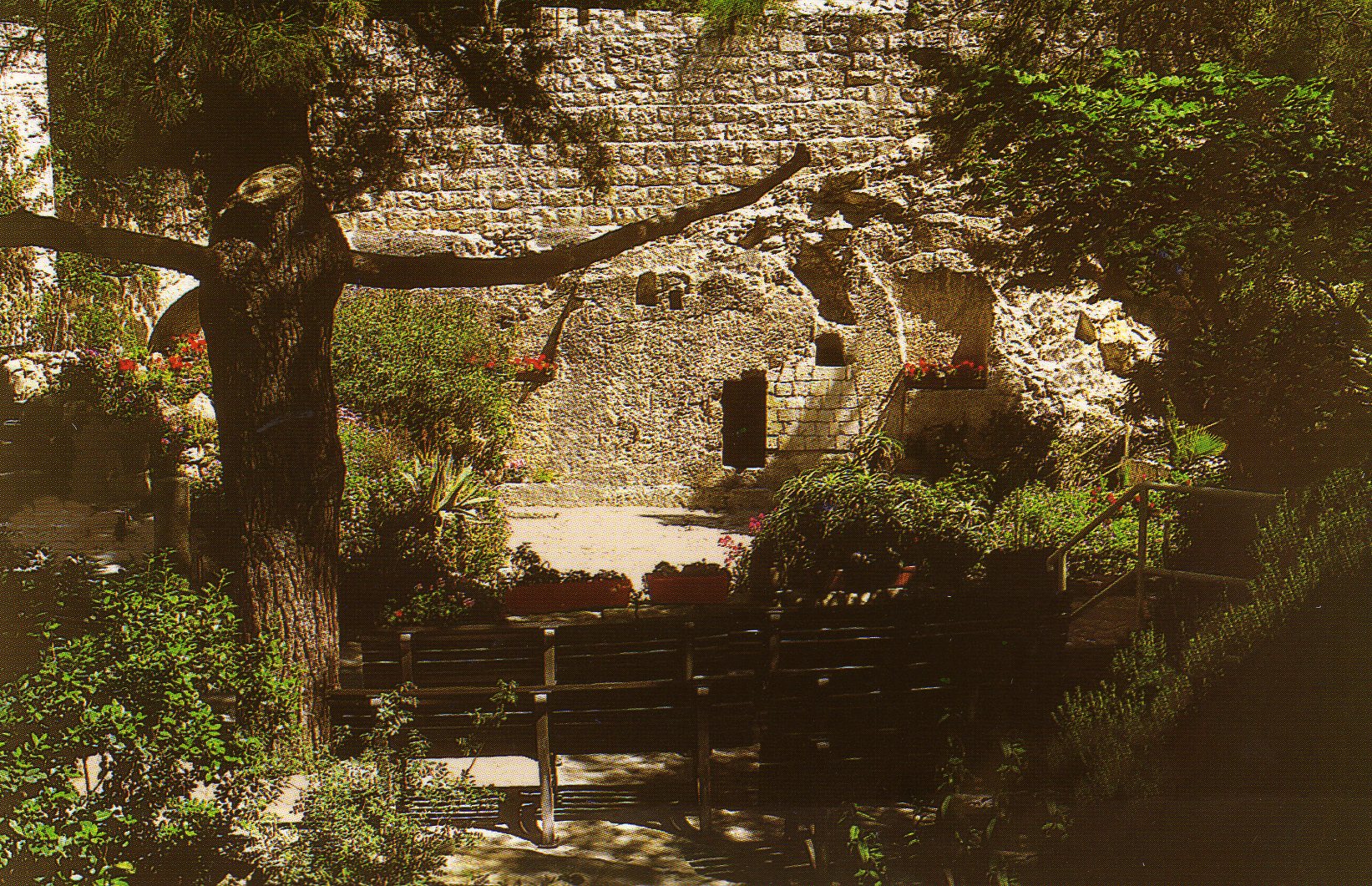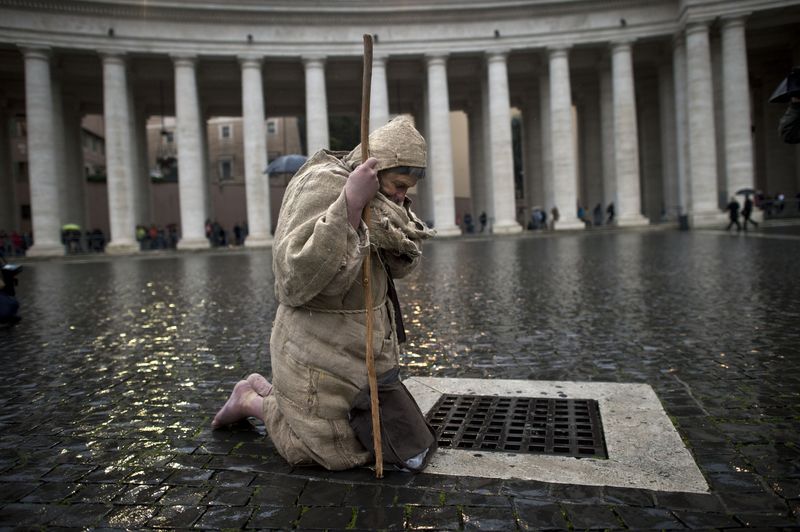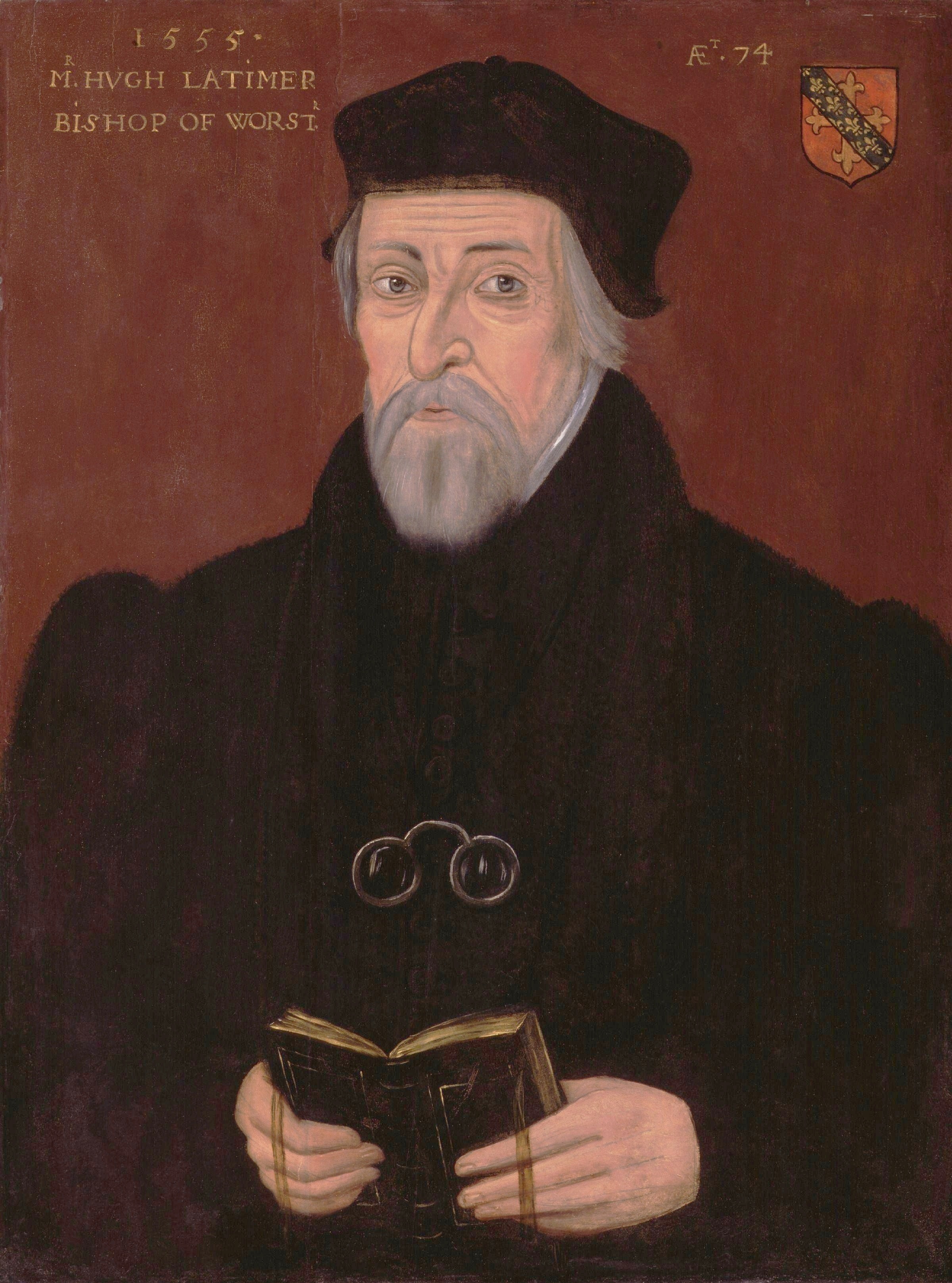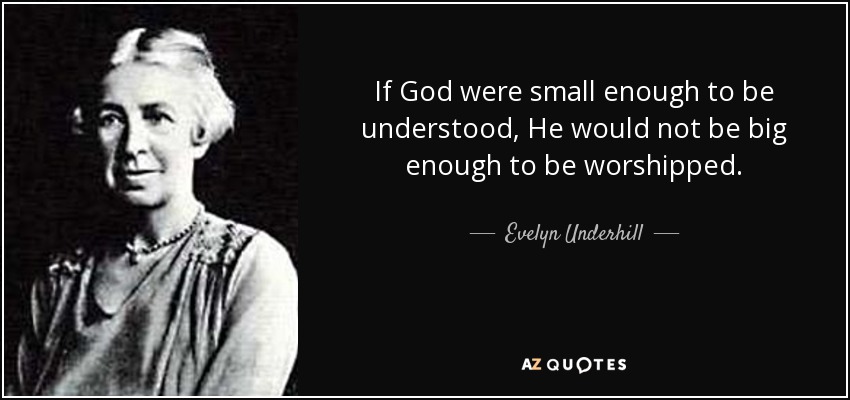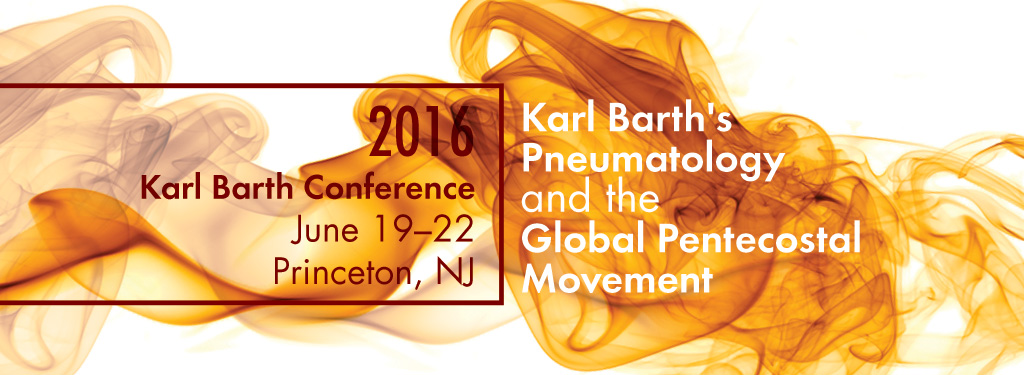 Two years, 252 posts, somewhere in the vicinity of 153,030 words (allow a margin of error of a few thousand), and many, many hours, maybe more than I anticipated.
Two years, 252 posts, somewhere in the vicinity of 153,030 words (allow a margin of error of a few thousand), and many, many hours, maybe more than I anticipated.
When I started this blog, I did so for myself rather than for any putative readership. Of course I hoped for readers and hoped that not only would some people find my writing interesting enough to return, but that some might even find it helpful. Whether that is the case, I cannot say. Certainly I do not get many comments, but from what I can tell, the trend in the last few years is that people on rarely comment on blogs nowadays. Even bloggers who used to have quite a number of commentators now report far fewer. There are exceptions, of course. Some, such as Scot McKnight, Rachel Held Evans, and Roger Olson seem to have maintained their following over the years.
Google Analytics tell me I get between 750-900 visitors most months, but of that, only 25-35% are return readers. The rest could well be robots, or so someone told me. My son has told me that from time to time I have had nasty hackers attacking the blog, but I am totally oblivious to such things! Still, I am heartened by the number who apparently return – blessings on you!
My purpose in starting the blog, as I stated earlier, was for me: to record some of my own thoughts in digital format, to keep some book notes and Scripture studies, and mostly, to develop habits, skills and content in writing.
How have I gone? All in all I am quite happy with how the blog has developed. The backbone of the blog has turned out to be Scripture studies, which I try to publish most Sundays. I started with Psalms and only got to Psalm 11, but have had a short newspaper piece published from my studies of Psalms 9-11, have delivered a paper at a national conference on these Psalms, and aim to write it up for publication in an Australian journal. The editor of the journal has not seen it yet, but has encouraged me to submit it.
I started my James posts to contribute to an online bible commentary which started with some enthusiasm but now has fallen into a hole. I don’t hold much hope for that project which is unfortunate; I think it could have been a blessing. Still, I kept my word to the editors and finished my commentary on James 1, and it is on the website – one of the few finished chapters last time I looked. I have been encouraged to continue my study through James, and who knows, maybe in time I will be able to publish a “commentary for preachers” or something similar. Tell you what I have learned, however: I am not a professional New Testament scholar! Tell you something else: I have been very deeply challenged by this intensive, extended engagement with James.
My studies in Bruce McCormack’s work also resulted in a paper delivered at ANZATS last year. It needs more work, but I would like to publish it. I have also written several formal reviews which will be published in Australian journals in the near future,as well as a number of posts on matters of interest to me especially to do with the nature of Scripture, hermeneutics, theological interpretation, Karl Barth, and novels.
Will I continue to invest time and energy in this? Is it worth it? I find I am not as disciplined as I would like to be in getting my reading noted and reviewed, mainly due to time pressures and because I am a slow writer. The main thing I wanted to do was develop habits of regular writing, and the Sunday posts especially, have helped me to write thoughtfully, regularly, systematically and with focus. I intend to continue this work.
I have not been as successful in applying this same kind of rigor with respect to theological topics. That will be my aim in the next year: to become more focused on some particular writing projects that may then develop into something more substantial. I guess that may limit the appeal of what I do, but hopefully will help me become more fruitful in this work as a ministry and as an academic pursuit.
Again – to those who visit from time to time, perhaps even regularly: thank you! I hope that what I do may continue to prove worthy of your time and attention.
On Thursday I will post a list of some of the best posts from the last two years, a Top Ten of sorts…
 For a couple of days I am on retreat with the West Australian Baptist pastors. These retreats are always a quite restful and fun few days, as we catch up with old friends, enjoy some meals together and receive some input from the Conference speaker. This year’s speaker is Allan Demond, an inspirational Baptist pastor from Melbourne.
For a couple of days I am on retreat with the West Australian Baptist pastors. These retreats are always a quite restful and fun few days, as we catch up with old friends, enjoy some meals together and receive some input from the Conference speaker. This year’s speaker is Allan Demond, an inspirational Baptist pastor from Melbourne.
